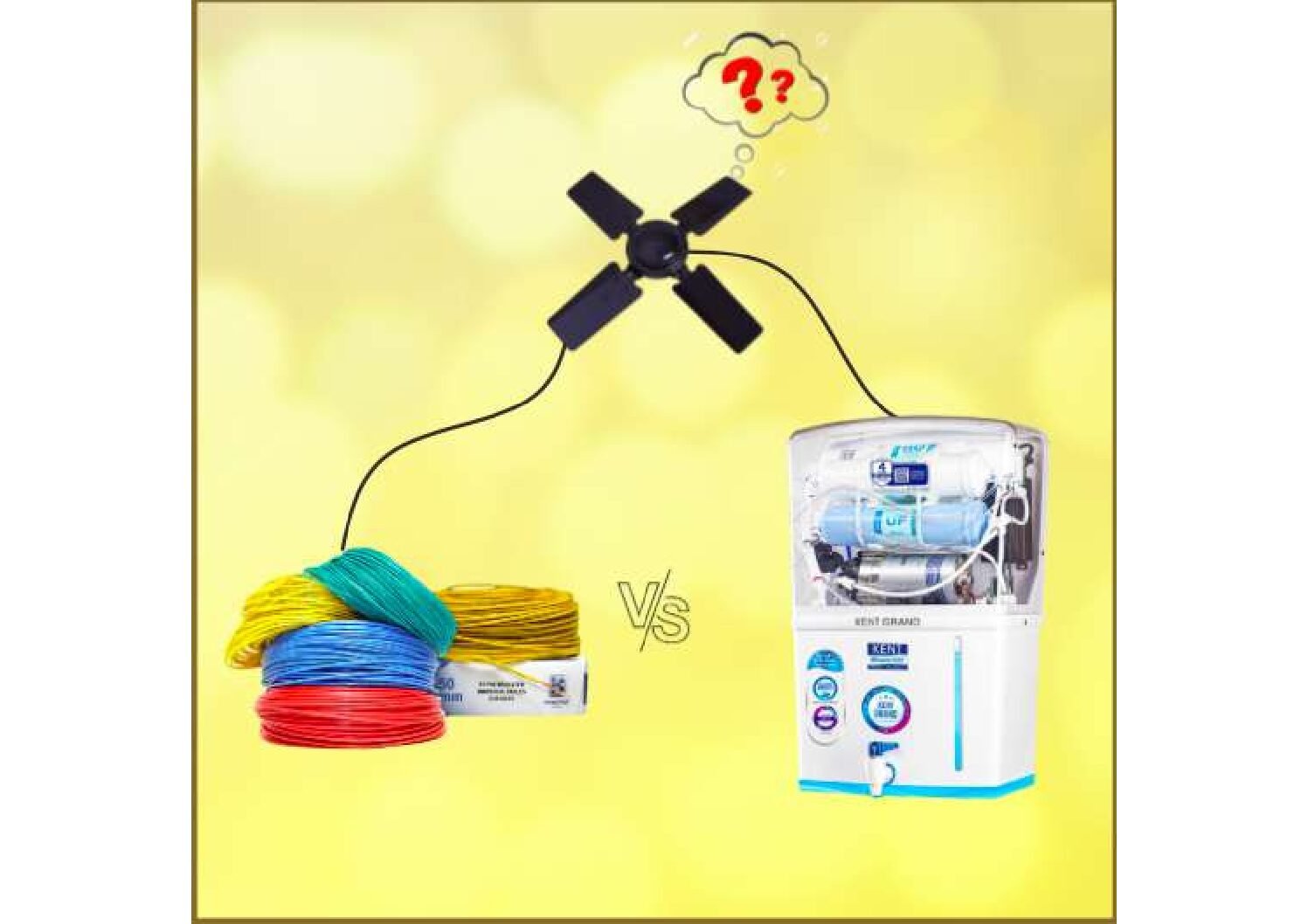I am pleased to bring to you our next guest post by Archita Prawasi. Archita is currently a third year student at NALSAR University of Law, Hyderabad.
The recent dispute between PVR Private Limited and Justdial.com brought about intriguing connection between various facets of networking and IP infringement, that ensues through the use of regular networking tools like Deep links, meta tags and frames. With the interim order by the Delhi High Court against JustDial.com, it seems that the new age digital awareness is catching up with the old and still relevant IP laws in the country. Before discussing the facts of the dispute, it is relevant to discuss the implications of the networking tools forming the dispute.
Networking techniques employed:
- Linking: It is largely bifurcated into Surface linking and Deep Linking. Surface links are those that directs the user to the home page of a site while Deep Links are those that bypasses the home page of the linked website and directly displays the content in the internal webpage.
- Meta tags: These are little content descriptors that help tell search engines what a web page is about. Web site designers use meta-tags to label a Web site’s content to ensure that the majority of search engines index their Web site.
- Framing: it is an HTML technique that allows authors to display multiple documents in the same window. These are designed to keep one set of information visible even as the reader scrolls and reads through another. Sites that use frames typically use them to link to external Web pages while keeping their own information and advertisements at the top of the page so that the user has no need to visit the original information page which results in loss for the original website.
Facts:
The parties PVR Private Limited and Justdial.com were parties to a non-exclusive ticketing agreement that gave JustDial, access to PVR’s ticketing software to book tickets for the cinema halls through the former’s website. The agreement had expired in August 2018 after two subsequent extensions from 2016.
The defendants continued to offer online ticket booking services even after the expiry of the arrangement. The bookings were redirected to the BookMyShow platform through deep-links. The plaintiffs approached the defendants regarding the same and were orally assured that the service will be discontinued.
Subsequently, in January 2019, a third party informed the plaintiff that the defendant is still offering online ticket booking for PVR Cinemas. It had made Webpages displaying images of the defendant’s cinema halls and used their registered trademark that gave an impression that the two parties were commercially associated. PVR’s registered trademark was used in meta-tags of the Webpages that had deep links to the websites of authorised third-party sellers.
Encroachment on intellectual property rights:
While these networking tools are a great way of maintaining a good web presence, they can also be a notorious means of stealing the rightful web traffic of websites.
The issue with Deep links arises when the rightful web traffic of the homepage of a website is deviated to an internal webpage of the same that reduces the possible revenue for the websites from the advertisements on the homepage.
While meta-tags are not visible on the website, it still is a contentious tool discussed extensively in the global and Indian jurisprudence. It is very common that a particular business uses a competitor’s trademark in the meta tags of its own website so that the search engine indexes the website in the search results when the keyword is entered. This again results in diversion of web traffic to the competing website.
However, other facet of this issue is that some people use meta tags to describe their services without the mala-fide intention of diverting the traffic but might end up in an IP infringement suit. While ignorance of the law is no excuse, unawareness about a particular trademark is highly possible and crude to be punished. For instance, a second hand car dealer might use descriptors like Honda or Swift to index his website in the search engine. While his act might lead the user to click the link believing it to be the intended website, (thereby qualifying the Initial interest confusion doctrine) it won’t materially harm the companies if the website clearly states that the owner deals in second hand cars. The diverted web traffic will not be of any utility to the shop owner if he has no advertisements listed on his website and the user will resurf the web for the intended address. While consent from the party whose trademark is been used can be a way to evade the infringement, in the case like above, it is not practically possible for a small businessman as one in the given example to receive permission from all the companies in the field. Hence, the dealer will find himself in a suit for infringing IPR of various companies while he only intended to publicise his job.
An individual employing framing is likely to be held liable for trademark or copyright infringements if the material is modified without authorisation in the framed page or if the framed page endorses the parties’ commercial association when there is no such commercial relation between the two sites.
Global Scenario:
The jurisprudence around deep linking/meta tagging and IP rights has been different for different countries. Canada, Denmark, Italy and the Netherlands have mostly ruled in favour of the party that alleged IP infringement.
The Imax Corp case, in the federal court of Canada, was an IP infringement suit filed by Imax Corp against ShowMax Inc for framing the web pages in a manner that would convey commercial or any other connection between the two parties. The court, in this case had injuncted the defendants considering the harm caused to the plaintiff’s goodwill and reputation.
Both the Courts of Rome and Milan have ruled in favour of the plaintiff in the cases of deep linking and framing webpages that could serve to confuse user of some relation between the parties. The court of first instance Leeuwarden, a case adjudged in Netherlands followed similar rationale as discussed above.
However, the precedents in the USA tend to sway both sides. While the Ninth Circuit Court in the Brookfield Communications case injuncted the defendant West Coast Company from using moviebuff.com which would have infringed on their trademark MovieBuff. The court discussed the doctrine of initial confusion according to which when the user browses the internet, the link by west coast could create a confusion in the mind of the user about Brookfield’s MovieBuff website. The 9th Circuit Court held this to be an IP infringement.
On the other hand, the District Court of California in the case of Ticketmaster Corporation held that Microsoft’s unauthorised deep linking of its Sidewalk.com to Ticketmaster’s’ events pages circumventing the plaintiff’s homepage did not constitute unfair competition or passing off because the ultimate sale of tickets was done by the plaintiffs. The present controversy between PVR and JustDial seems to be similar to the Imax and the Ticketmaster’s Case.
Indian Jurisprudence:
The Jurisprudence around meta-tags/deep-links and IP infringement in India has been always pro-plaintiff. The court has followed a similar reasoning as was discussed in the global scenario in various Indian cases like the Mattel, Inc, Consim Info Ltd. vs Google, Kapil Wadhwa vs. Samsung, and Christian Louboutin.
However, in case of meta tagging, the court has also accepted the defences to the use of meta tags by competing businesses. The Chennai High Court discussed “nominative use” of meta tags while referring to some cases by the ninth circuit, USA. The court laid down following parameters for a meta tag to qualify for nominative use:
- the product or service in question must be one not readily identifiable without use of the trademark;
- only so much of the mark or marks may be used as is reasonably necessary to identify the product or service; and
- the user must do nothing that would, in conjunction with the mark, suggest sponsorship or endorsement by the trademark holder.
However, these conditions are quite onerous to prove and hence, in practice, the court mostly rules in favour of the party alleging infringement. While this protects the goodwill of the plaintiffs, it invariably restricts the bona fide users of trademark who actually use the trademarks for descriptive purposes on their site.
PVR vs JustDial:
In the present dispute between PVR and Justdial, the court has passed an order holding it to be a prima facie case of infringement and passing off in favour of the plaintiff. It said that unless an interim injunction was passed, the plaintiff would suffer irreparable harm and hence, restrained the defendants from using the registered trademark for PVR or any deceptive variant in any manner whatsoever.
Beyond the interim order, this dispute opens an opportunity for the judiciary to bring about guidelines to regulate the use of different networking techniques and prevent piling of litigation. It should be acknowledged that the IPR awareness in relation to the use of web is not enough and it is time that we have explainers for different avenues that internet provides for proliferating e-business and regulations around them to ensure a reduction in IPR suits.
References:
In favour: Oppedahl & Larson v. Advanced Concepts, United States District Court for the District of Colorado, Civil Action Number 97-CV-1592 ; Playboy Enterprises, Inc. v. Netscape Communications Corp., 354 F.3d 1020 (9th Cir. 2004) ; Nissan Motor Co., et al. v. Nissan Computer Corp. 378 F.3d 1002 (9th Cir., 2004) ; SFX Motor Sports Inc., v. Davis, 2006 WL 3616983.
Against: Bijur Lubricating Corp. v. Devco Corporation 332 F.Supp.2d 722, Civ. No. 00-5157 (WHW) (D.N.J., August 26, 2004) ; Online Policy Group v. Diebold, Inc., 337 F. Supp. 2d 1195; 72 U.S.P.Q.2d 1200 ; Perfect 10, Inc. v. Amazon.com, Inc., 487 F.3d 701, 2007 U.S. App. LEXIS 11420, 99 U.S.P.Q.2D (BNA) 1746, Copy. L. Rep. (CCH) P29,380 (9th Cir. Cal. May 16, 2007); Kelly v. Arriba Soft Corp. (U.S. Court of Appeals for the Ninth Circuit, July 7, 2003) 336 F.3d 811.

















